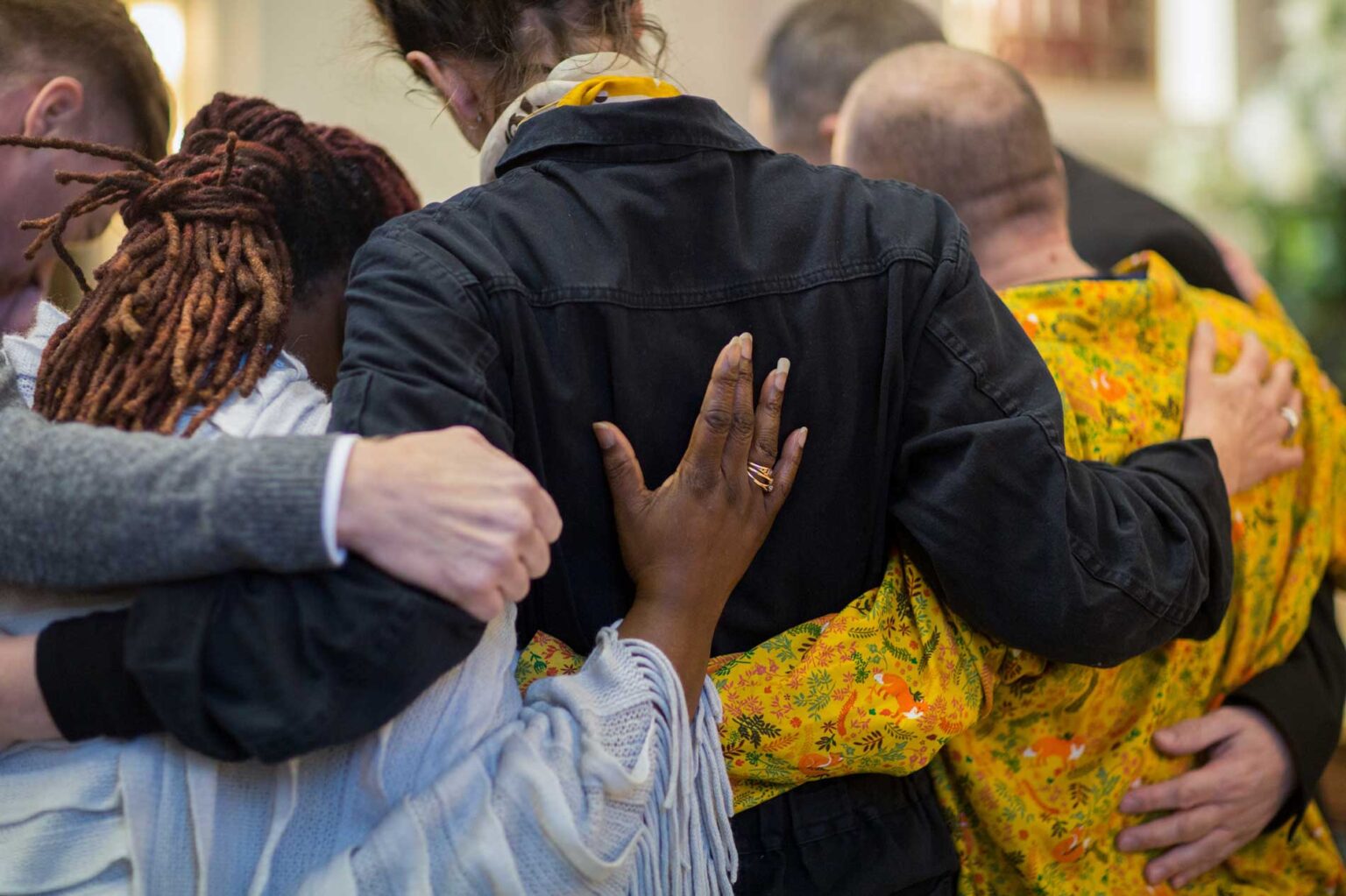By Luciana Franicevic, Psychologist | 04.03.25
What is Emotional Resilience and Why Does It Matter?
When life throws us into a storm, our first instinct is to wish the storm away. We want something to shift on the outside. We want the problem to go away, for someone to stop hassling us, and for things just to get back to the way we like them. But life doesn’t always work that way.
And honestly? That can be a relief.
If everything were up to us, we’d be exhausted trying to keep the whole world in check. Honestly, I get exhausted juggling just a few things—especially with my ADHD running its own side gig in the background. Turns out that a lot of life is about learning to manage, cope, adjust, and pivot. This is what we call emotional resilience—the ability to adapt to stress, setbacks, and change without losing ourselves in despair.
Resilience is almost the opposite of our wish to control outcomes. It’s about flowing with the uncomfortable and the ugly rather than resisting them. Essentially, we do not have too many options when life gets tough – we either can sink or swim. We can drown in the awfulness of it all – sometimes for good reason. But no matter how valid or justified, it only ends up draining us even more. Or we can do all in our power to see it as an opportunity to shift our position – mentally, physically, spiritually…. to adjust our expectations, and to extend a little more grace—to others, to the world, and often – to ourselves.
So, how do we build emotional resilience? Let’s break it down.
1 Regulate Before You React
Ever sent a text in the heat of the moment only to cringe two minutes later? Join the club. We call this reacting on impulse—not always our finest hour (though, to be fair, some of mine have made for a good laugh for years down the line). Emotional resilience isn’t about ignoring emotions. It is about finding a health way to work through them so that we can start responding instead of reacting to situations and those around us.
Before reacting, try: ✔ Deep breathing exercises ✔ Journaling ✔ Stepping outside for fresh air ✔ Moving your body (this is my jam through and through – movement + nature trump it)
Pro Tip: Next time you’re triggered, take a 3 minute pause before responding. This brief moment where you create space for yourself, can truly change the course of the situation and more importantly, how you interact with You!
2 Shift Your Perspective
One of the first steps in developing emotional resilience is developing ways to challenge our own thinking, words, phrases and state we find ourselves in during the storm. Often, when we feel stuck, it’s largely our perspective and patterns that keeps us trapped.
What if we made a commitment to ourselves to practice shifts in thinking, how and what we speak, how we frame situations, how we literally move through them with our bodies? Strength doesn’t come from controlling everything—it comes from knowing when to adjust and how to do so.
Related Resource: How to Shift Perspective When You’re Stuck in Your Own Way – by Beth Kurland Ph.D.
3 Become Your Own Best Mate
“Self-compassion” seems to a buzzword at the moment and I wonder what happens if we make it super practical? I don’t love buzzwords because they often are overused and misused. Self compassion has at times been used as reasoning and validation to stay stuck. My experience of practical self compassion is about learning to balance support with accountability—just like an interaction with a good friend would.
Being your own best mate means two things: ✔ Having your own back. ✔ Encouraging yourself to step up when needed.
Growth happens in that sweet spot between “I care about you & feel with you” and “Let’s get moving—you’ve got this.”
4 Build a Strong Support System
Some of us carry on as if we were meant to do life alone: “I can do this myself!”, “I don’t’ need help!” Having a support network—whether that’s a friend, a partner, a therapist, an online community or a spiritual / religious organisation —makes all the difference. Emotional resilience isn’t about muscling through everything solo. We are social beings. We are interdependent and that means that it is important to know when to lean on others and ask for help.
Want to build a stronger support system? Start by nurturing connections with people who uplift and support you. They are around. Make a focussed list and notice how you feel and respond to people on this list. Who on this list do you feel more empowered and encouraged around? Invest more in those relationships. Start small.
5 Accept & Adapt: The Art of Letting Go
Resilience isn’t about dodging difficulties or doing the whole ‘positive psychology’ thing. It’s about working through challenges in a way that strengthens rather than drains us. Making observations about where we need to have our back, when to forgive or let go and how to build the trust in your knowing of those – is exactly what will make all the difference. You are learning to build your own roadmap to resilience.
✔ Show up for yourself. ✔ Soften where you need to. ✔ Step up when you have to. ✔ Trust that you can handle whatever comes next.
Final Thoughts: How Can You Strengthen Your Resilience Today?
Building emotional resilience is commitment we make because everything in life is connected to how we actually manage ourselves. Our jobs, families, friendships and goals. As is the case with everything else, intentional changes make a big difference over time. What’s one step towards building emotional resilience that you can take today?
